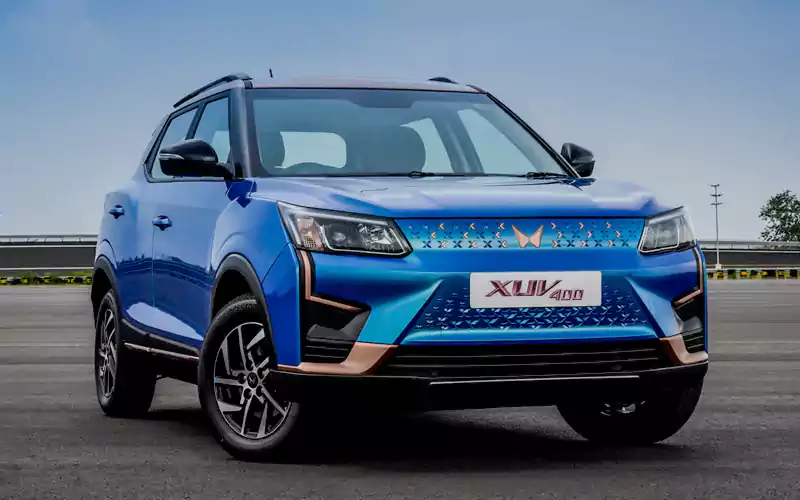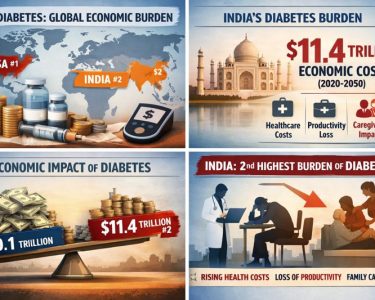India’s top electric vehicle (EV) manufacturers, including Tata Motors and Mahindra & Mahindra, are actively opposing efforts to include hybrid vehicles in government fleets around New Delhi. According to recently obtained documents, these companies argue that promoting hybrids could slow down the adoption of cleaner, fully electric vehicles and impact investments in the EV sector.
EV Makers Lobby Against Hybrid Inclusion
Tata, Mahindra, and other major automakers have submitted formal requests to the Ministry of Heavy Industries urging the government to maintain incentives exclusively for fully electric vehicles. They want to prevent the Commission for Air Quality Management’s recent advisory—which categorized strong hybrids as “cleaner vehicles”—from expanding hybrid usage in official fleets.
Air Quality Commission’s Recommendation and Industry Reaction
The commission, tasked with tackling severe air pollution in the capital region, recommended hybrids as an alternative to fossil-fuel-only vehicles like petrol and diesel cars. However, EV manufacturers emphasize that hybrids still rely on combustion engines and fossil fuels, while electric vehicles generate zero tailpipe emissions, making them a superior choice for improving urban air quality.
Clear Call for EV-Focused Policies
In a May 15 letter, Mahindra stated, “Government policies and incentives must remain focused solely on electric vehicles.” Along with Tata and Mahindra, automakers like JSW MG Motor, Hyundai, and Kia have expressed similar support for EVs, setting them apart from companies backing hybrids such as Toyota and Maruti Suzuki.
Policy Uncertainty Could Impact Investment and Sales
With less than 1% of government fleet vehicles currently electric, the potential for EV adoption in public fleets across India is enormous. However, EV makers warn that recognizing hybrids may dilute existing government incentives, create confusion among buyers, and slow EV sales — already challenged by high costs and limited charging infrastructure.
Tata highlighted in its letter that the commission’s hybrid endorsement could hurt ongoing and future EV investments, damage India’s reputation as an investor-friendly market, and send mixed signals to global investors.
India’s EV Investment Outlook
According to Moody’s, Indian automakers plan to invest over $10 billion through 2030 in manufacturing lithium-ion batteries and EVs. Despite these plans, India’s EV adoption remains far behind markets like China, Europe, and the US.
Mahindra’s EV division counts major global investors like Singapore’s Temasek and British International Investment, while Hyundai is preparing to invest more than $500 million in India’s EV sector.







